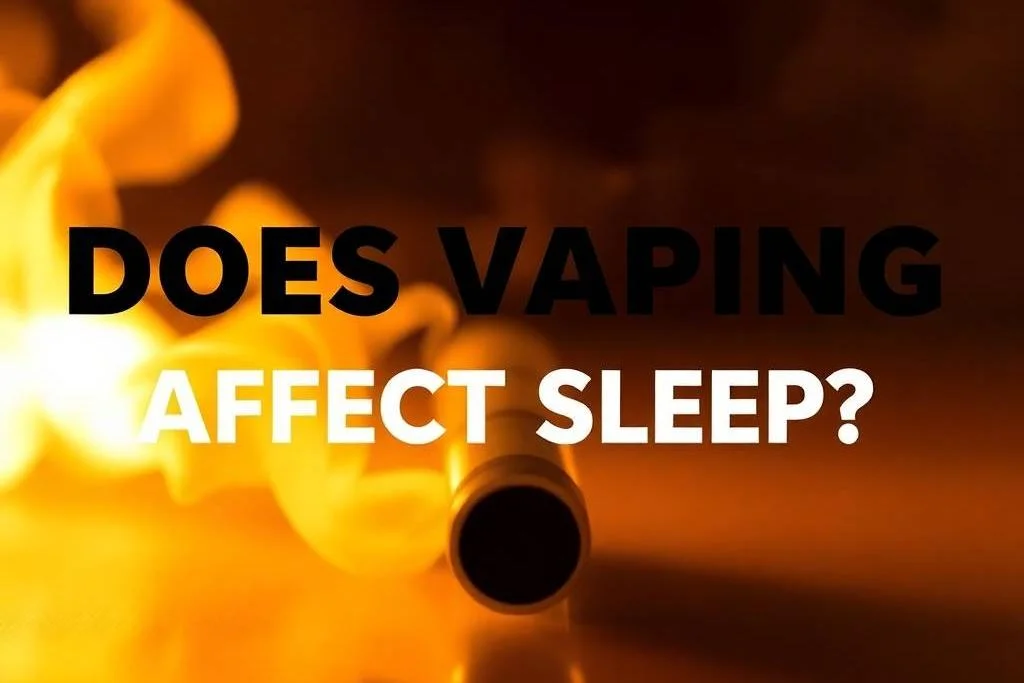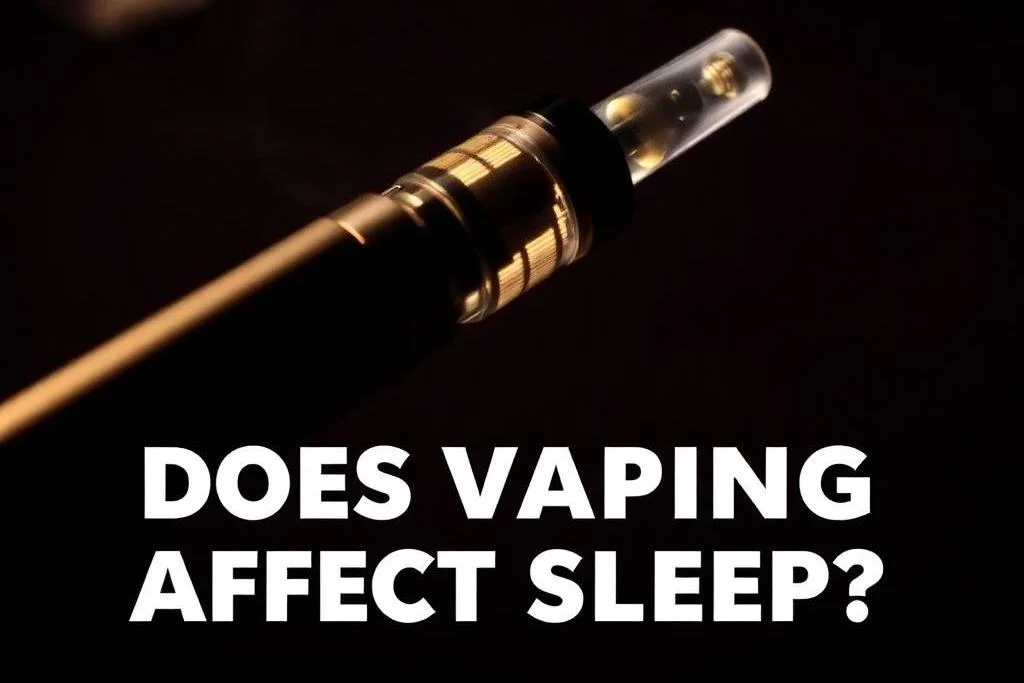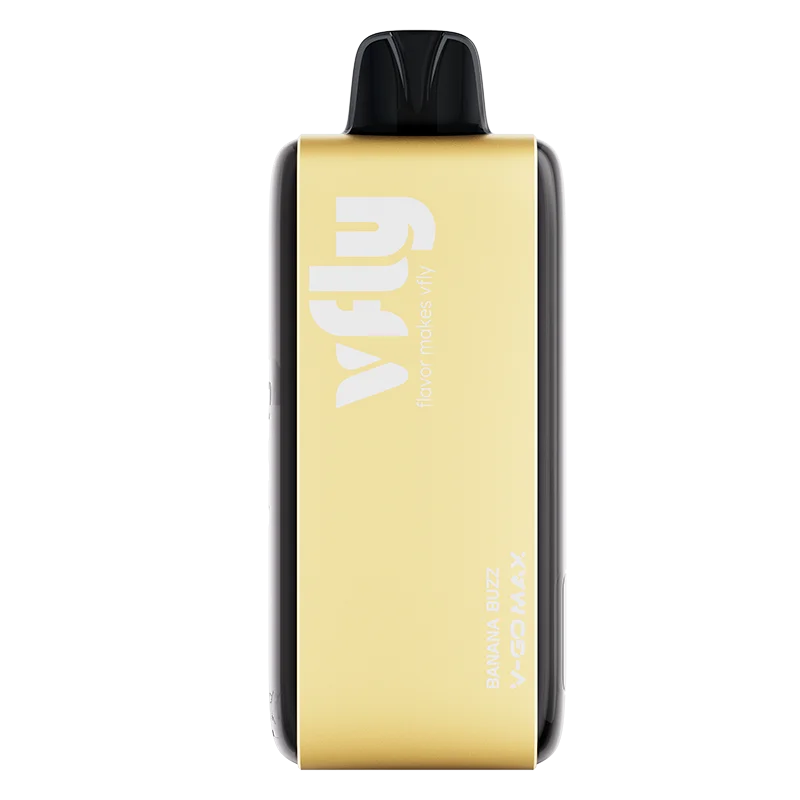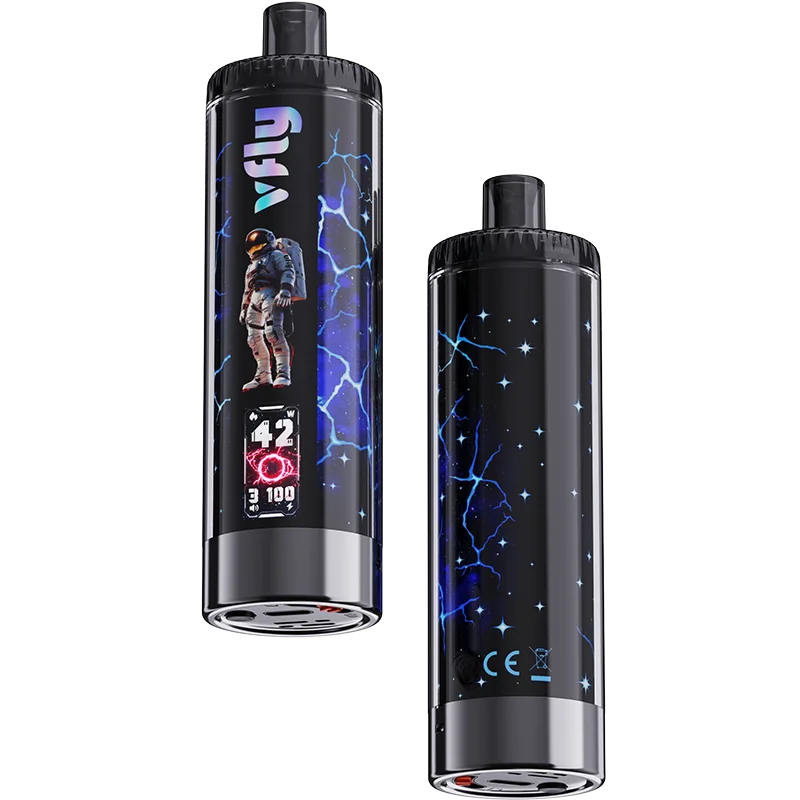Does Vaping Affect Sleep?
Vaping has become a popular alternative to smoking, but many users are beginning to wonder about its potential effects beyond the lungs and heart. One of the most common questions is: does vaping affect sleep? Since good sleep is essential for overall health, it’s worth exploring how e-cigarettes and their ingredients may influence your rest.
How Vaping Influences Sleep
The main connection between vaping and sleep lies in nicotine, the addictive stimulant commonly found in e-liquids. Unlike smoking, vaping allows users to inhale nicotine in varying concentrations, which can directly impact the body’s ability to fall and stay asleep.
- Nicotine as a Stimulant: Nicotine increases heart rate, elevates blood pressure, and stimulates brain activity. If consumed before bedtime, it may delay the onset of sleep and reduce overall sleep quality.
- Interrupted Sleep Cycles: Studies show that nicotine can decrease rapid eye movement (REM) sleep—the stage critical for memory, learning, and emotional health. This means vapers may wake up feeling less refreshed.
- Withdrawal During the Night: For frequent users, nicotine withdrawal symptoms may occur during sleep, causing restlessness or frequent awakenings.

Vaping vs. Smoking: Which Is Worse for Sleep?
Traditional cigarettes and vapes both contain nicotine, but vapes deliver it in a different way. Since e-liquids come in varying strengths, some users consume higher amounts of nicotine than they realize. For example:
- Cigarettes provide a set dose of nicotine with each stick.
- Vapes can deliver higher or lower doses depending on device settings, puff duration, and e-liquid concentration.
This flexibility means vaping may disrupt sleep more severely if users choose high-strength e-liquids or vape heavily at night. However, switching to nicotine-free e-liquids may reduce the impact on sleep.
Other Factors That May Affect Sleep When Vaping
While nicotine is the main culprit, other elements of vaping may also play a role:
- Flavorings & Additives: Certain artificial sweeteners and flavor compounds might trigger mild irritations that could make sleep less comfortable.
- Coughing or Throat Irritation: Frequent vaping can lead to dryness or irritation, causing disturbances during rest.
- Blue Light Exposure: Many users vape while scrolling on their phones at night. The combination of nicotine and blue light further delays melatonin production, making it harder to sleep.

Tips to Improve Sleep if You Vape
If you’re concerned about how vaping affects your sleep, here are some practical steps:
- Avoid vaping before bedtime – Try to stop at least 2–3 hours before sleeping.
- Consider lower nicotine strengths – Reducing nicotine levels may help improve sleep quality.
- Switch to nicotine-free e-liquids at night – This can ease cravings without disrupting rest.
- Improve sleep hygiene – Keep a regular sleep schedule, avoid screens before bed, and create a calming environment.
- Stay hydrated – Vaping can cause dryness, which may contribute to discomfort while sleeping.
Conclusion
While vaping may be less harmful than smoking in some respects, its influence on sleep can be just as significant, especially if high nicotine levels are involved. By adjusting habits, lowering nicotine intake, or choosing nicotine-free options in the evening, vapers can minimize disruptions and enjoy better rest.
FAQs
1. Does vaping make it harder to fall asleep?
Yes. Vaping with nicotine can make it harder to fall asleep because nicotine is a stimulant. It increases alertness and delays the release of melatonin, the hormone responsible for regulating sleep. Using a vape too close to bedtime often leads to difficulty falling asleep.
2. Can vaping cause insomnia?
Vaping can contribute to insomnia, especially in people who use high-strength nicotine e-liquids or vape frequently at night. Nicotine may reduce total sleep time and increase nighttime awakenings, both of which are linked to insomnia symptoms.
3. Does vaping without nicotine affect sleep?
Nicotine-free vaping is less likely to disturb sleep since it removes the stimulant factor. However, other factors—such as throat irritation, coughing, or late-night screen use while vaping—can still interfere with rest for some users.
4. Why do I wake up during the night after vaping?
Nighttime awakenings are often caused by nicotine withdrawal. When nicotine levels drop during sleep, the body may crave more, leading to restlessness or waking up multiple times throughout the night.
5. What’s the best way to vape without affecting my sleep?
To minimize sleep disruption, avoid vaping at least 2–3 hours before bed, use lower nicotine strengths, or switch to nicotine-free e-liquids in the evening. Practicing good sleep hygiene—such as limiting screen time and maintaining a bedtime routine—can also help improve rest.



